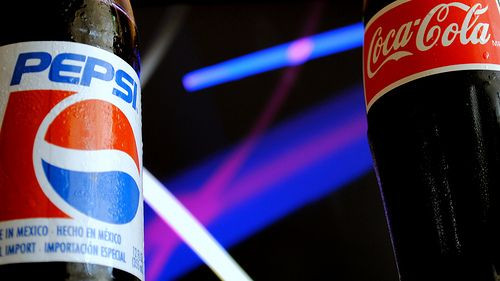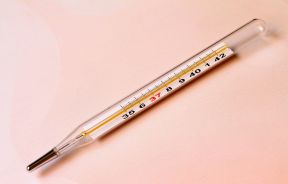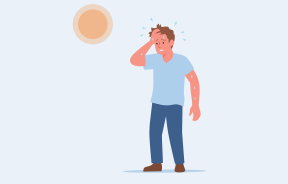Sugary Drinks Increase Uterine Cancer Risk By 78% In Postmenopausal Women

That can of soda or bottle of Snapple might do more than add a few inches to the waistline, it could also increase the chances of uterine — also referred to as endometrial — cancer. According to a new study published in the Cancer Epidemiology, Biomarkers & Prevention, postmenopausal women who consumed sugar-sweetened beverages were more likely to develop the most common type of uterine cancer, known as estrogen-dependent type 1.
Research has already found that there is an increased chance of developing cancer among women who are obese, but there has not been a study looking into the relationship between sugary drinks and cancer. Now, the study authors have found that the more sugar-sweetened beverages the participants' drank, the higher their risk for type 1 endometrial cancer was.
Although they found a relationship between sugary drinks and estrogen-dependent type 1 endometrial cancer, the study authors were not sure about a direct cause-and-effect relationship. Since obesity is a risk factor for the disease, the researchers believe that the increased intake of sugar-sweetened beverages contributed to obesity, which subsequently increased the risk of developing cancer. “Obese women tend to have higher levels of estrogen and insulin than women of normal weight. Increased levels of estrogen and insulin are established risk factors for endometrial cancer," one of the researchers, Maki Inoue-Choi, Ph.D, said in a statement.
The researchers used data from 23,039 postmenopausal women who reported their dietary intake, demographic information, and medical history in 1986 — prior to their cancer diagnosis. Their dietary intake was assessed using the Harvard Food Frequency Questionnaire (FFQ). They were asked to report intake frequency of 127 food items in the previous 12 months. The FFQ questionnaire included: intake frequency of sugar-sweetened beverages, such as Coke and Pepsi, caffeine-free sodas, carbonated beverages with sugar, and other noncarbonated fruit drinks. Beverage consumption patterns ranged from no intake to between 1.7 and 60.5 servings a week.
While type 1 uterine cancer is thought to be caused by excess estrogen, and typically spreads slowly without aggression, type 2 uterine cancer is not caused by excess estrogen, and is far more aggressive. Because of this, people with type 2 uterine cancer are more at risk of death.
By the end of 2013, there will be an estimated 49,560 new cases of uterine cancer, and the chance of being diagnosed is about one in 37. While fatalities are higher in white women when compared to black, approximately 8,190 women will die of the disease this year. Still, it's possible to survive the cancer, and there are over 600,000 women who have.
While the results might not be so clear-cut this is a good start to determining the problem. “More studies will need to be conducted to see if the findings are replicated,” Inoue-Choi said
Published by Medicaldaily.com



























